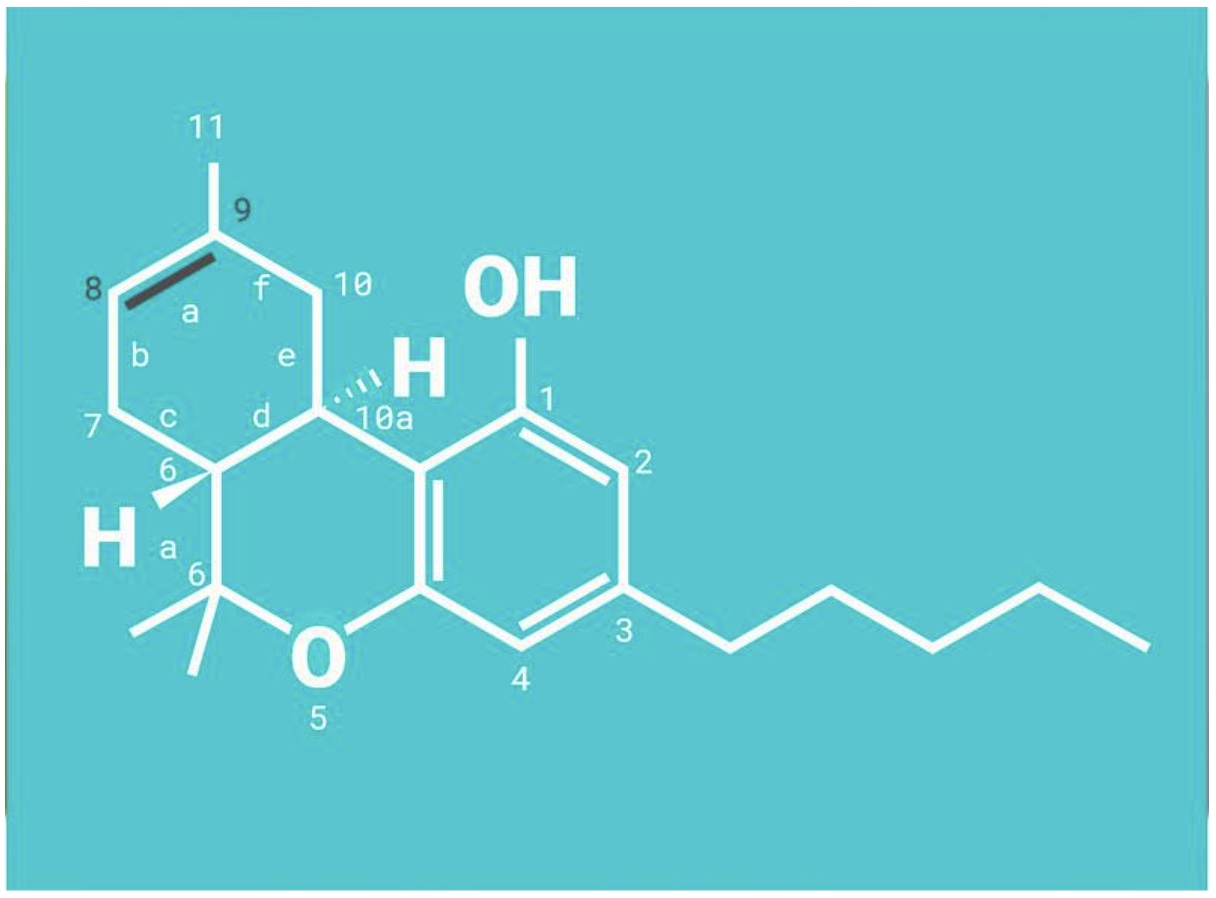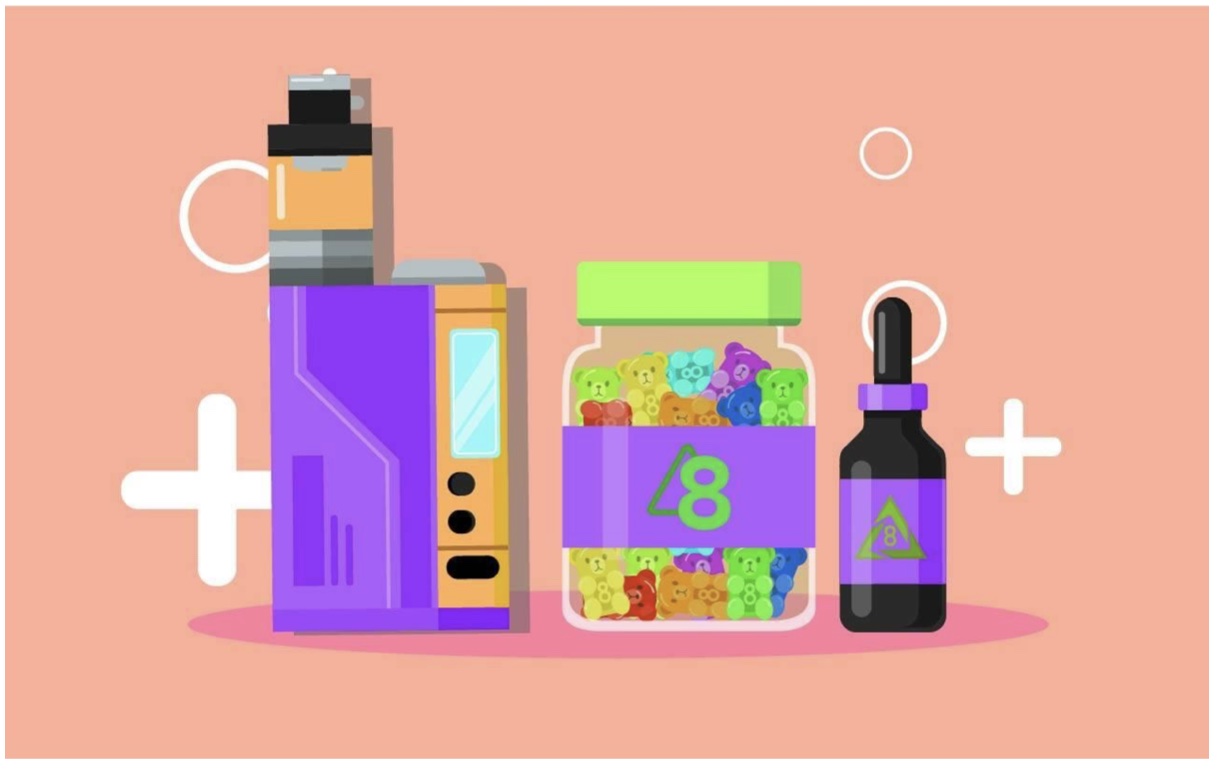Even in pre-pandemic years, people have always used substances like drugs or alcohol for a variety of recreational and health reasons. From being a social enhancer and a way to unwind and relax after a long day, to more health-specific treatment of pain or other wellness issues, these substances have been used for millennia.
While alcohol is the intoxicating substance of choice in most cultures, cannabis is the next runner-up in much of the western world, despite its more problematic legal status. Until just a few years ago, most cannabis usage was strictly prohibited in Canada. A change to the nation’s laws made marijuana legal for adults to possess and consume, and now it can be commonly found all over the country.
The United State’s treatment of cannabis remains more complicated, though the direction is headed the same. For now, marijuana is technically illegal under federal law, yet many states and cities have their own laws regulating and legalizing it within their local area. As more and more states take steps to legalize marijuana for adult use within their borders, most experts believe a tipping point will be reached, and marijuana will no longer be a controlled substance under federal law.
In the meantime, a bit of an “exception” to the current limitations on using cannabis recreationally throughout the United States has come to light recently, and may change how Americans get high in the near future. That exception relates to the use of “hemp-derived” cannabinoids, which are legal under federal law. The most commonly-known example of this is CBD, a legal product that comes from the hemp plant, and is widely used and available throughout the U.S. for its positive effects on mood, sleep, pain, and recovery. CBD doesn’t fill the “recreational high” slot though, leading us to another potential cannabinoid that fits that niche.
CBD is widely available and largely unregulated because it is non-psychoactive, meaning it does not get users “high”. For CBD or any other cannabinoid to qualify as legal under the 2018 federal law, it must be 1) derived from “hemp”, and 2) contain less than 0.3% delta-9 THC, the high-producing active compound found in recreational marijuana. Since all consumer CBD products adhere to these requirements, they can be sold online and in stores throughout the country. Other cannabinoids with different effects fit under the same law as CBD however, and it’s one of those that may be the next legal intoxicant to take America by storm, Delta-8.
So, What Is Delta-8 THC?

Cannabis, or hemp, both refer to the same plant species, Cannabis Sativa L. The distinction between “hemp” and “marijuana” is only a legal one; the plant is the same, though hemp varietals are bred for lower THC and higher CBD content, while recreational marijuana plants target the reverse ratio.
Within this plant exist dozens of cannabinoids, in varying amounts. The most commonly known and sought after cannabinoids from the plant are CBD and (Delta-9) THC. CBD, as discussed, has many health benefits and is non-psychoactive, meaning it does not cause you to feel “high”. Meanwhile, THC gets you high and is responsible for the euphoric feeling most people associate with cannabis. Most of the history, stigma, and recreational popularity of the cannabis plant is associated with the cannabinoid THC.
While these two major cannabinoids are the most well-known, many other compounds like CBD, CBN, and finally Delta-8 THC are also found in harvested plants, most of them in very tiny amounts. These “minor cannabinoids” come with a whole host of benefits, and effects, many of which science is just now discovering. Some show great promise for sleep, others for pain relief, and at least one has similar “buzzy” effects to delta-9 THC. That cannabinoid, Delta-8 THC, is the focus of our research today.
As a tetrahydrocannabinol cannabinoid, Delta-8 affects many of the same receptors in the body as its chemical cousin, delta-9 THC. But, because it is derived from the hemp plant and does not exceed 0.3% delta-9 THC content, the clear wording of the federal law makes it legal. Many users compare it to a “lighter” variation of regular THC found in marijuana. It tends to be consumed in ingestible forms, rather than smoked the way recreational cannabis is typically used.
As stated, delta-8 THC is basically a less potent version of delta-9 THC. Chemically, it is known as an isomer; its genetic makeup has the same components, but with different chemical bonds between the molecules. Although it is still a form of THC, it does not have an intense high. Because of this, many people take it to help them with anxiety, sleep problems, and even pain management, without the loss of control or focus commonly associated with recreational cannabis usage. It can be mixed in with flavored oils, gummies, chocolates, and other oral delivery methods popular with users.
How High Do You Get From Taking Delta-8 THC?
As a psychoactive substance, delta-8 THC can get you high, though not to the same degree as “regular” THC. This particular isomer of THC bonds more loosely to the cannabinoid receptors in the body, so it tends to be less intense. Its effects are milder, though the time-frame of those effects is roughly equivalent to traditional THC usage. It also tends to be more of a “body” high, leaving the user with better ability to concentrate or focus even with higher doses. For this reason, some fans even affectionately refer to it as “work weed”!
There are a number of users who prefer to use delta-8 THC precisely because of its muted effect. Other consumers like the smooth and mild buzz given by delta-8 THC instead of delta-9, since it doesn’t lead to any excessive mood swings, feelings of paranoia, or even just feeling “off” from moderate consumption. This is especially true for non-experienced or casual users. Many newcomers to the cannabis scene find delta-8 products to be a more approachable, milder way to experience the mood-lifting benefits of cannabis usage.
Even with these milder effects, Delta-8 is still a cannabinoid with some degree of intoxicating effects, so users should still tread cautiously. Especially for new users, it is better to take small doses for a safer result and to observe how your body reacts. You can then gradually increase it until you have reached the desired effect without any side effects. For most casual users, delta-8 products provide a light to moderate “boost” to their mood. A greater sense of relaxation and calm is reported by most occasional and low-dosage users. For those looking for a stronger buzz akin to the effects of using regular marijuana, larger doses can be used. One advantage of delta-8 is the greater control that users, new and experienced alike, have to better dial in the exact experience they are looking for.
Final Thoughts: Is Delta-8 Worth the Hype?
While it is certainly not for everyone, the benefits of Delta-8 make it worthy of consideration for those looking for a mildly-intoxicating buzz, without the paranoia, side effects, or legal complications associated with marijuana usage. Because it does have some behavioral and mood effects, care should be taken to keep it out of the hands of the children. It should also be avoided when using machinery or driving, as its subtler effects may leave users unaware that their reflexes or reaction time have been affected. It can also compound the effects of alcohol, and take several hours to fully wear off. With those cautions in mind, most users have found delta-8 to be a pleasant addition to their day, without many of the downside risks of other drugs or excessive alcohol intake.
If you’d like to try Delta-8 for yourself, you can order recommended Vybba delta-8 strips online, and use code LAWEEKLY to get $10 off your first order. This limited offer is for adult use only, and not valid in NY, UT, or VT.
Advertising disclosure: We may receive compensation for some of the links in our stories. Thank you for supporting LA Weekly and our advertisers.


